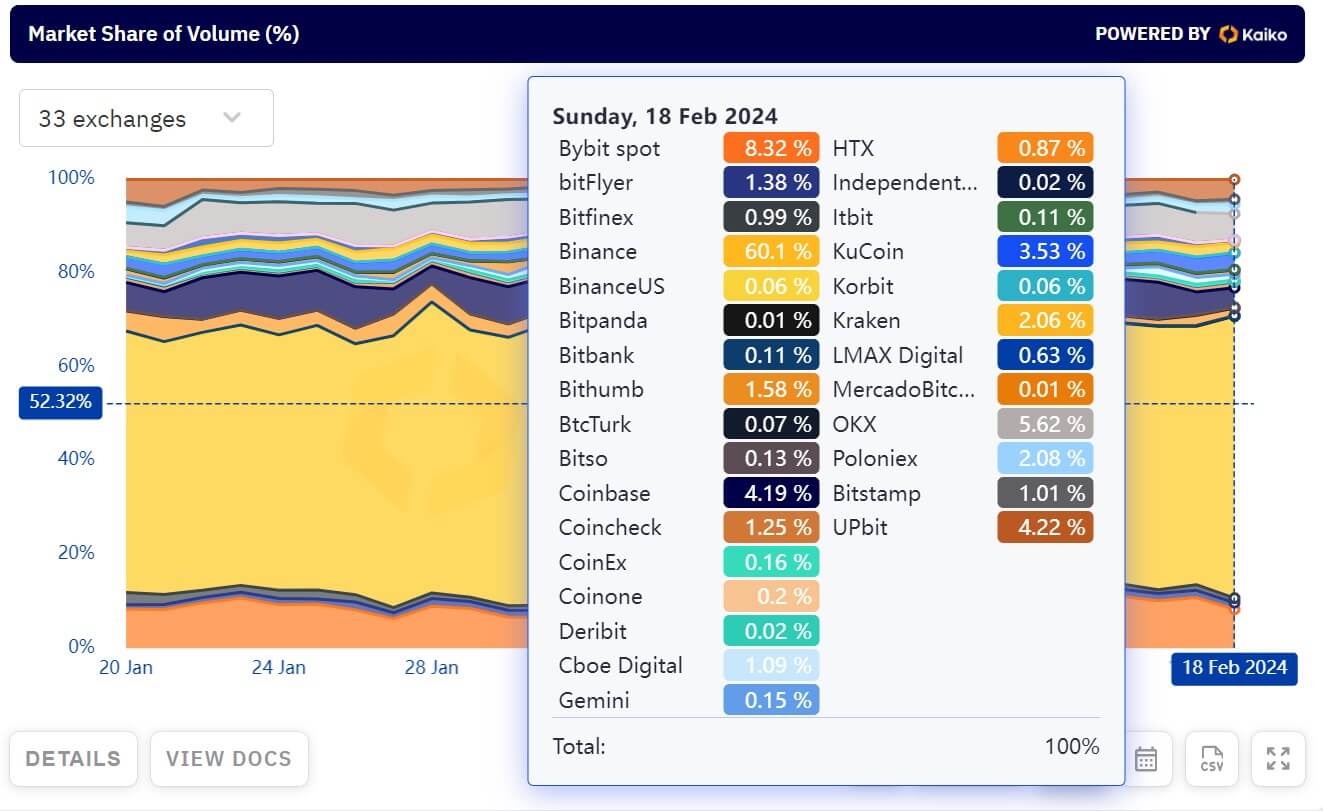BlackRock CEO's crypto pivot continues, turns bullish on tokenization to eliminate 'corruption'
BlackRock’s spot Bitcoin ETF launch was highlighted in an interview with CEO Larry Fink on CNBC. Fink, who had previously expressed skepticism about Bitcoin, now views it as a viable asset class, though not a potential currency. This change of stance aligns with BlackRock’s broader strategy of embracing technological advancements in the financial sector, mainly through ETFs and the eventual tokenization of financial assets.
In his CNBC interview after the historic first day of trading for BlackRock’s Bitcoin ETF, Fink revealed a notable transformation in his perception of Bitcoin. Fink has evolved to see Bitcoin as an asset class similar to digital gold, suitable for wealth holding but not as a currency.
Fink’s discussion with the CNBC host delved into the implications of Bitcoin’s value, its comparison to gold, and its potential price trajectory. He emphasized that Bitcoin, like gold, is a haven asset that gains value amidst geopolitical and economic uncertainties.
However, unlike gold, Bitcoin has a near-fixed supply limit, enhancing its appeal as a store of value. When probed about predictions like Cathie Wood’s that foresee Bitcoin reaching $600,000 or more, Fink refrained from speculating on specific valuations, focusing instead on the asset’s potential for wealth preservation.
The conversation also touched on the broader implications of BlackRock’s ETF initiative. Fink sees ETFs as the first step in a technological revolution in financial markets, with the tokenization of financial assets being the next phase.
This vision, he believes, aligns with BlackRock’s successful history of integrating ETFs into various asset classes, demonstrating a consistent strategy of leveraging technology to transform the financial landscape.
Fink’s comments on the first day’s inflows into the Bitcoin ETF were positive, with BlackRock capturing significant market interest. He highlighted the competitive advantage of ETFs over traditional trusts, noting the lower fees associated with ETFs. This aspect, coupled with the tax implications of transferring assets from trusts like Grayscale to other, lower-fee ETFs, presents both challenges and opportunities in the evolving cryptocurrency market.
Finally, when discussing the future of crypto ETFs, Fink expressed optimism about the potential for other cryptocurrencies like Ethereum to be included in ETF offerings.
He emphasized the importance of tokenization in enhancing transparency and reducing corruption in financial transactions, pointing to a future where financial assets and identities are tokenized, thus creating a more secure and efficient financial system. He concluded:
“These are just stepping stones towards tokenization, and I really do believe this is where we’re going to be going… This eliminates all corruption by having a tokenized system.”


